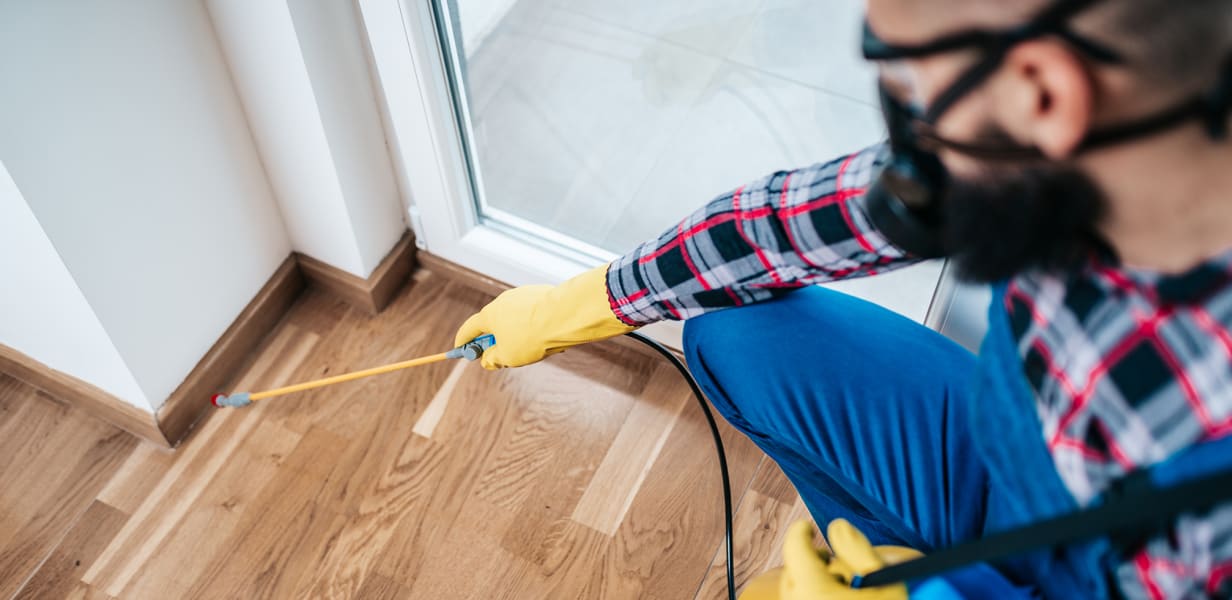You don’t have to know that some spider species can dance or that females sometimes eat males. Despite the “fun” label, these are mostly just unremarkable truths. What you need to know about spiders includes why and how to prevent these eight-legged pests from entering your home. Consider contacting Pest Control Boise before things spiral out of control.
In this article, we’ll go over some easy steps you may take to keep spiders out of your Boise residence.
Common Spider Characteristics
The common spider can trap prey in a web it constructs or by hunting for it on the ground. Due to their habit of scurrying around in search of prey, ground spiders are somewhat more likely to be found inside neighborhood dwellings. Spiders that spin webs tend to do so around the perimeter of buildings. When bad weather keeps them from hunting outside, they seek shelter inside.
Ground spiders can be distinguished from web spiders by their bigger legs and more robust bodies. Thin legs and broad bellies are common features of web spiders. These descriptions, while accurate, are nonetheless broad generalizations, as many spider species present striking visual differences from one another.
When it comes to spiders, not all are created equal.
Since there are so many spider species in Boise, it’s difficult to tell which ones could potentially bite. The good news is that only three local species—the hobo spider, the yellow sac spider, and the black widow spider—pose a serious medical hazard to humans.
Black widows are the deadliest of these three hazardous spiders. The crimson hourglass shape on the underside of these massive black arachnids is a telltale sign of their identity.
Avoiding Spiders Without Breaking a Sweat: Five Easy Measures
There are measures you may take to prevent spiders from entering your home if you’re sick of seeing them there. We urge you to begin with these primary preventative measures. Five easy methods are provided here for keeping spiders out of your home.
- Verify the exterior of your house for holes, cracks, and gaps in the foundation. Use silicone caulk to seal the cracks.
- Restore any broken external glass and double-check the fitting of all new ones.
- Keep unscreened windows and doors closed when not in use, and fix or replace any damaged screens in and around your home.
- When night falls, turn off outdoor lights or consider using bulbs that won’t attract bugs.
- Place a door sweep under every external door.


